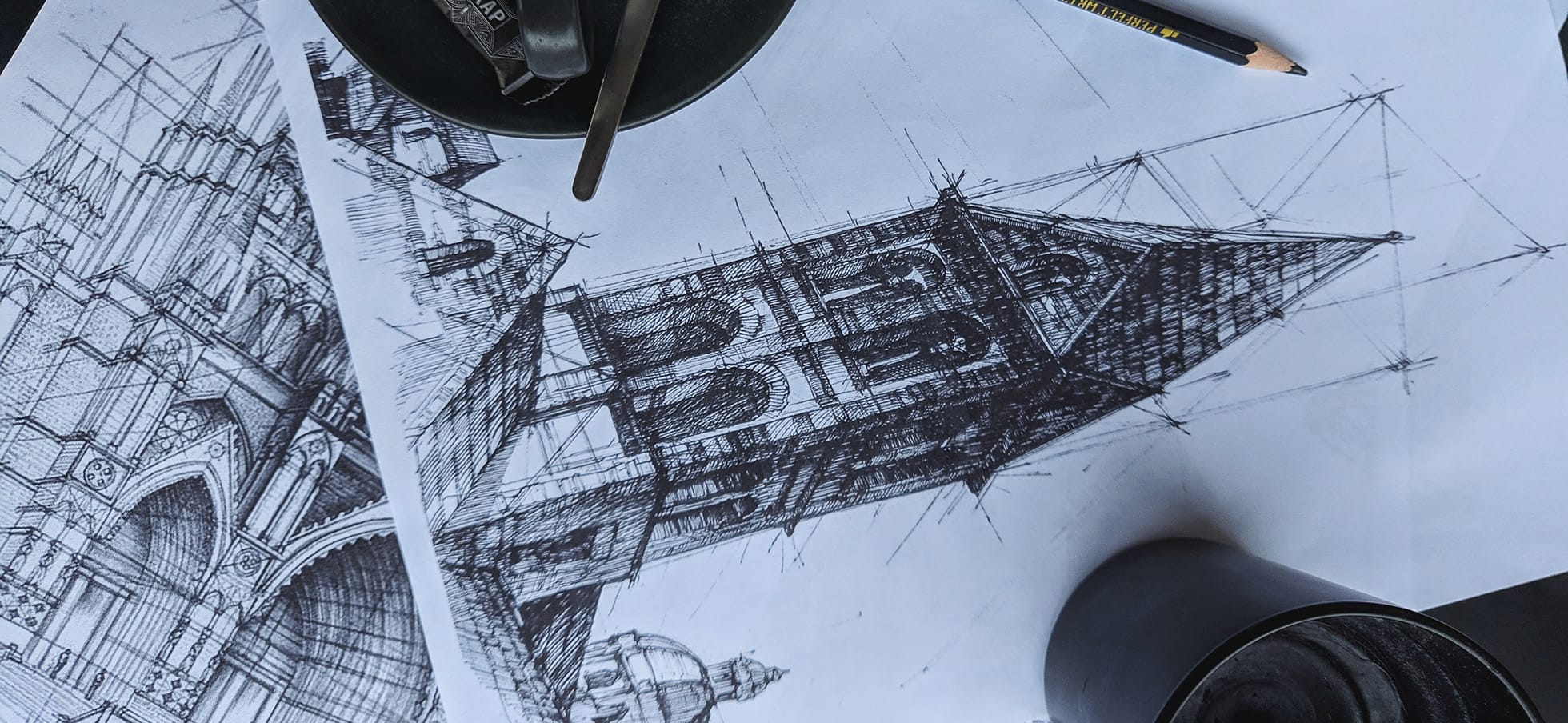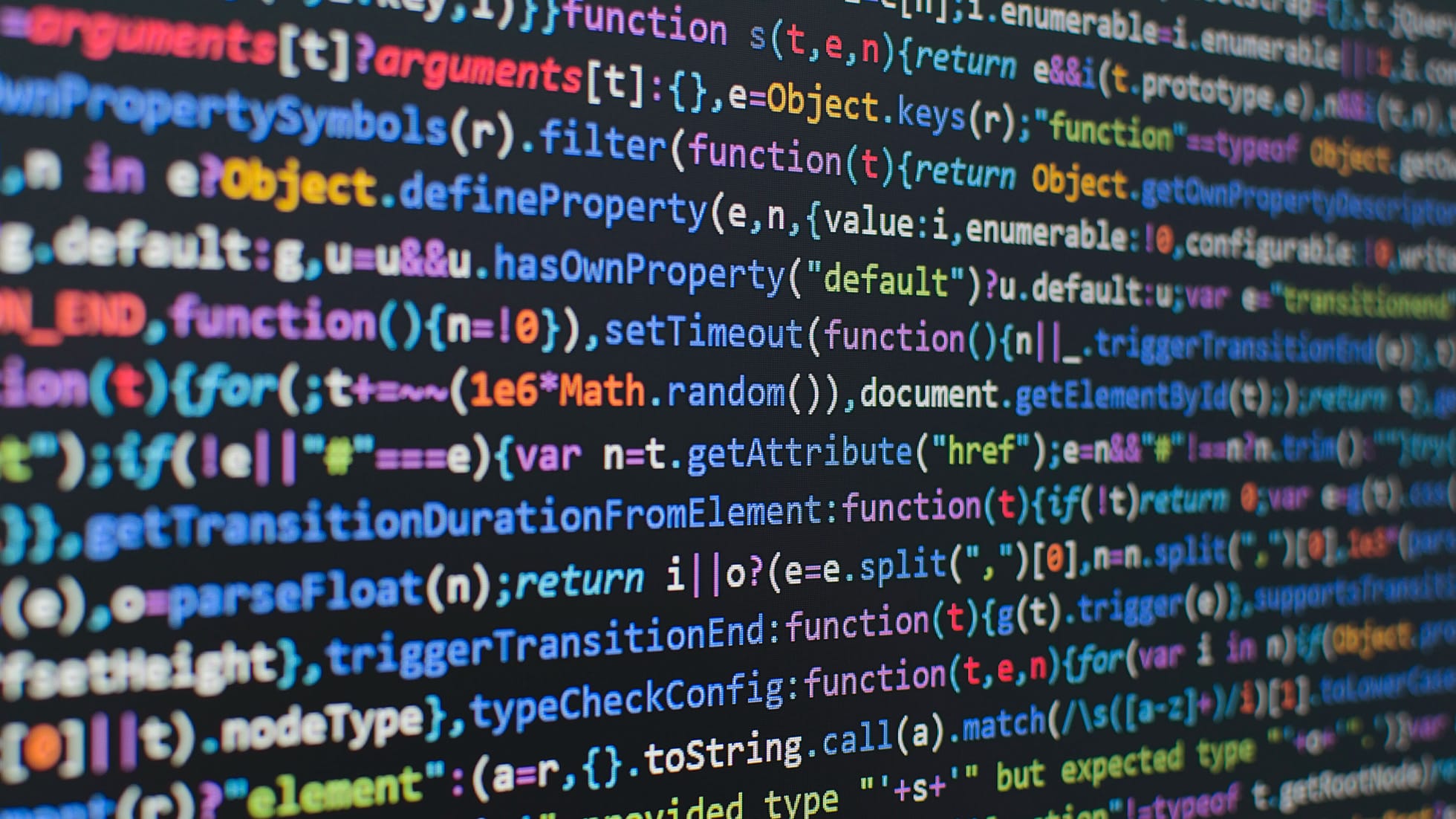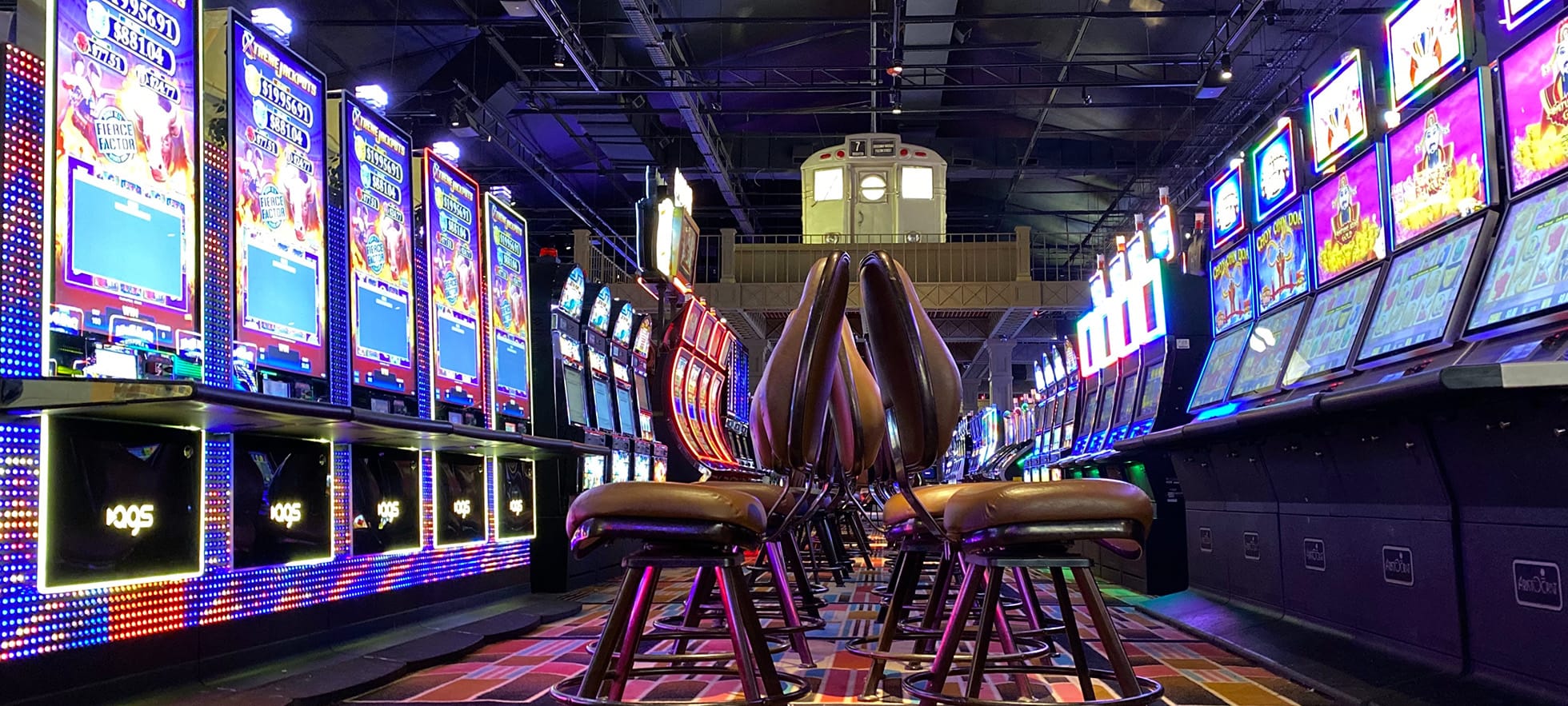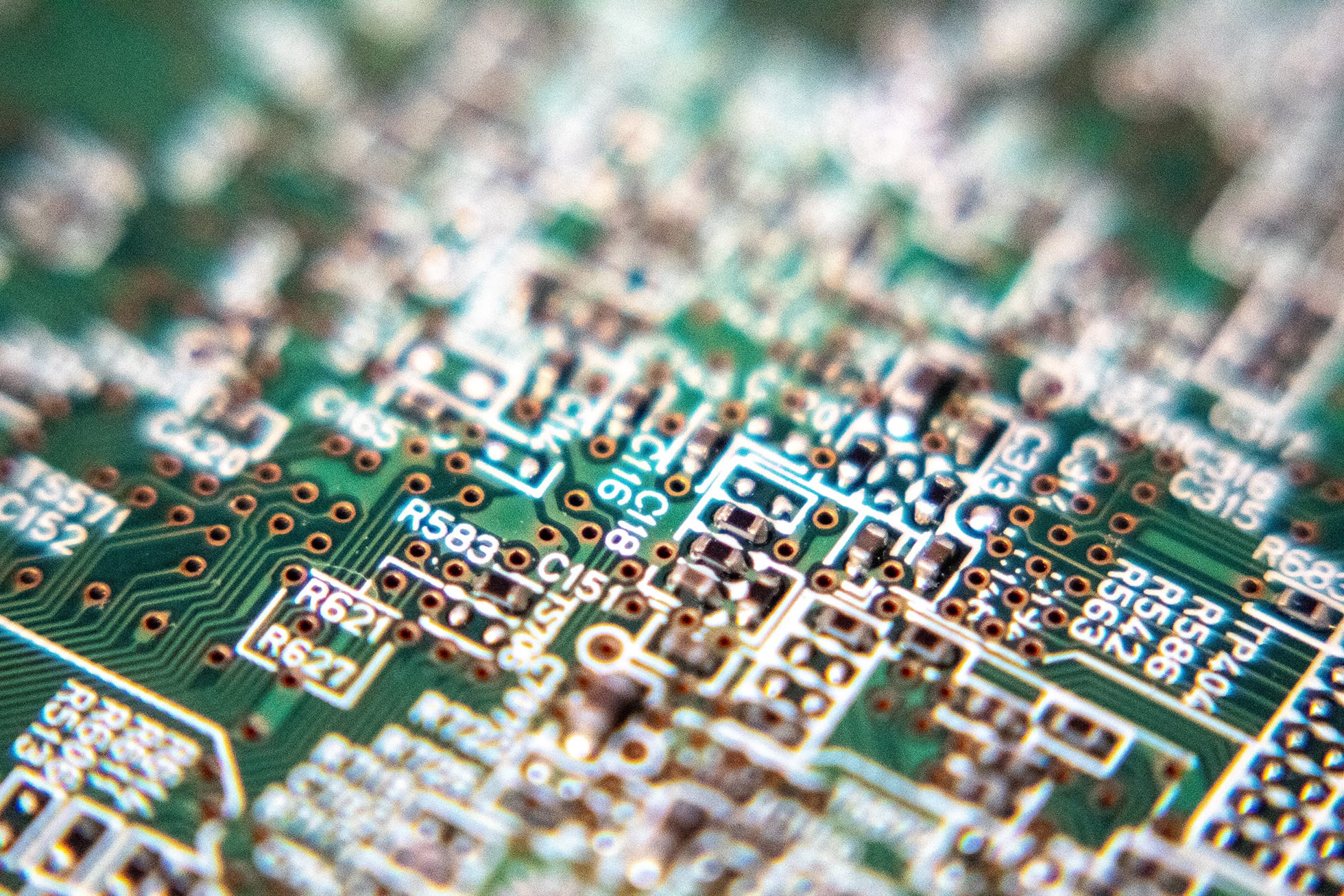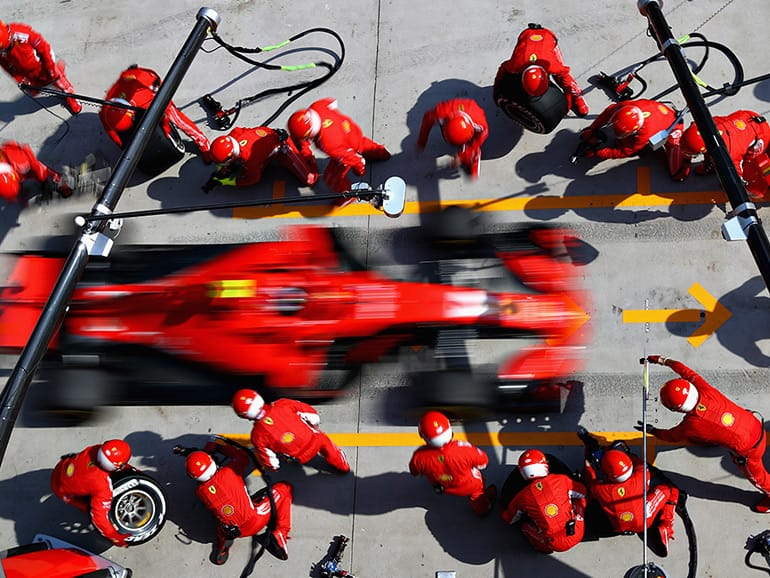For DoorDash, being able to predict long-tail events related to delivery times is critical to ensuring consumers’ orders arrive when expected.
Category Archives: engineering
Building a Common Web Library for Fast Implementations of Risk Frictions
To safeguard our users’ accounts and prevent fraud, we sometimes ask users to verify their identity or confirm a transaction by completing a “user friction” such as two-factor authentication.
Improving Web Page Performance at DoorDash Through Server-Side Rendering with Next.JS
Large e-commerce companies often face the challenge of displaying enticing product images while also ensuring fast loading speeds on high-traffic pages of their website.
How to leverage functional programming in Kotlin to write better, cleaner code
As DoorDash transitioned from Python monolith to Kotlin microservices, our engineering team was presented with a lot of opportunities to improve operational excellence and continue our obsession with reliability.
Using a Multi-Armed Bandit with Thompson Sampling to Identify Responsive Dashers
Maintaining Dasher supply to meet consumer demand is one of the most important problems for DoorDash to resolve in order to offer timely deliveries.
Ship to Production, Darkly: Moving Fast, Staying Safe with ML Deployments
At DoorDash, machine learning (ML) models are invoked many millions of times each day.
Moving e2e testing into production with multi-tenancy for increased speed and reliability
When DoorDash was on a monolithic application, developers’ end-to-end (e2e) testing needs were solved by sandboxes but, when DoorDash moved from monolith to microservices, we needed a more scalable approach to production testing.
Why Apple’s New M1 Chips Are Essential for Rapid iOS Development
It’s never been easier to get into iOS development than it is today.
Building a Marketing Engineering Platform using Next.js, Cloudflare, and Contentful
Finding the right balance between engineering and marketing has always been a challenge.
Balancing Network Effects, Learning Effects, and Power in Experiments
At DoorDash, we rely on experimentation to make decisions regarding model improvements and product changes because we cannot perfectly predict the results in advance.



